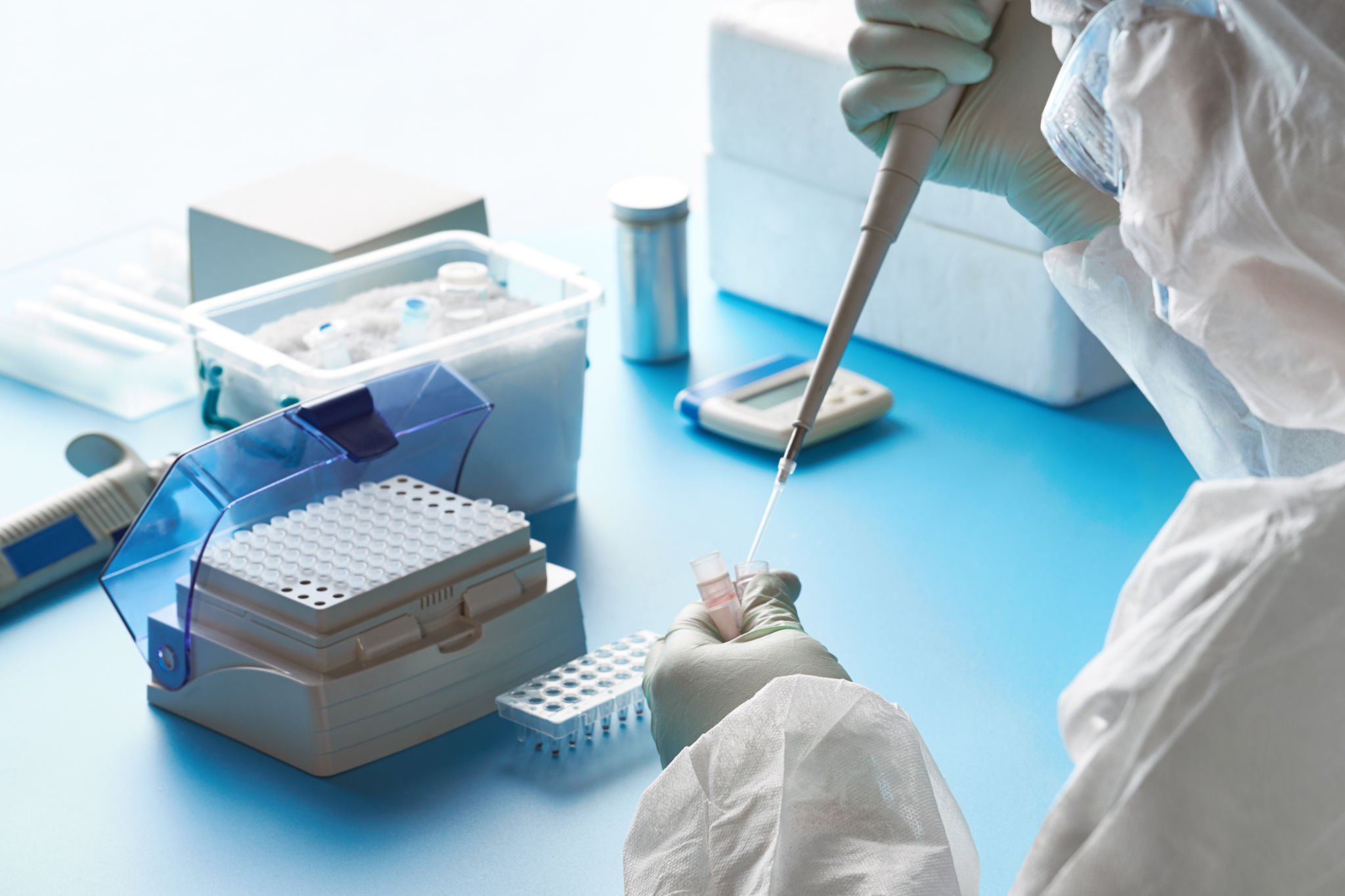Top Myths About DNA Testing Debunked
Understanding DNA Testing: Separating Fact from Fiction
DNA testing has become an accessible tool for individuals seeking to learn more about their ancestry, health, and traits. However, with its increased popularity comes a plethora of myths and misconceptions. In this blog post, we aim to debunk some of the most common myths surrounding DNA testing.

Myth 1: DNA Tests Are Infallible
One prevalent myth is that DNA tests are 100% accurate. While DNA testing is a powerful tool, it is not without its limitations. The results can be influenced by the quality of the sample, the method of analysis, and the database used for comparison. It’s essential to understand that DNA tests offer probabilities, not certainties.
This means that while they can provide strong indications about ancestry or health predispositions, they are not definitive answers. It's always a good idea to consult with genetic counselors or professionals when interpreting complex results.
Myth 2: DNA Testing Can Predict Your Future Health
Many believe that DNA tests can predict all future health issues. While some tests can identify genetic markers associated with certain health conditions, they do not account for environmental factors, lifestyle choices, or interactions between multiple genes. Your DNA is just one piece of a much larger puzzle.

For comprehensive health assessments, it is recommended to combine DNA test results with traditional medical evaluations and discussions with healthcare providers. This holistic approach provides a more rounded understanding of one’s health risks.
Myth 3: DNA Testing is Invasive
Another common misconception is that DNA testing requires invasive procedures. In reality, most over-the-counter DNA tests require only a simple cheek swab or saliva sample. These non-invasive methods make it easy for consumers to access genetic information from the comfort of their home.
The convenience and simplicity of at-home testing kits have played a significant role in the widespread adoption of DNA testing in recent years. This accessibility allows individuals to explore their genetic background without the need for complex medical appointments.

Myth 4: DNA Testing Can Tell You Everything About Your Ancestry
While DNA testing can provide insights into your ethnic background, it cannot tell you everything about your ancestry. The results are often based on databases that might not fully represent global genetic diversity. Thus, they offer an estimation rather than a complete picture.
Additionally, the interpretation of ancestral origins can vary between different companies due to the distinct reference populations they use. Therefore, comparing results from multiple sources can sometimes yield different insights.
Myth 5: All DNA Tests Are the Same
Not all DNA tests are created equal. There are various types of DNA tests available, each designed for specific purposes such as ancestry tracing, health risk assessment, or trait analysis. Understanding the purpose and scope of each test is crucial before making a selection.
Choosing the right test depends on your specific interests and what you hope to learn from the results. Whether you’re curious about your lineage or want to assess potential health risks, make sure to choose a test that aligns with your goals.
In conclusion, while DNA testing offers valuable insights, it’s important to approach the results with a critical mind and an understanding of its limitations. By debunking these myths, we hope you can make more informed decisions when exploring your genetic information.
